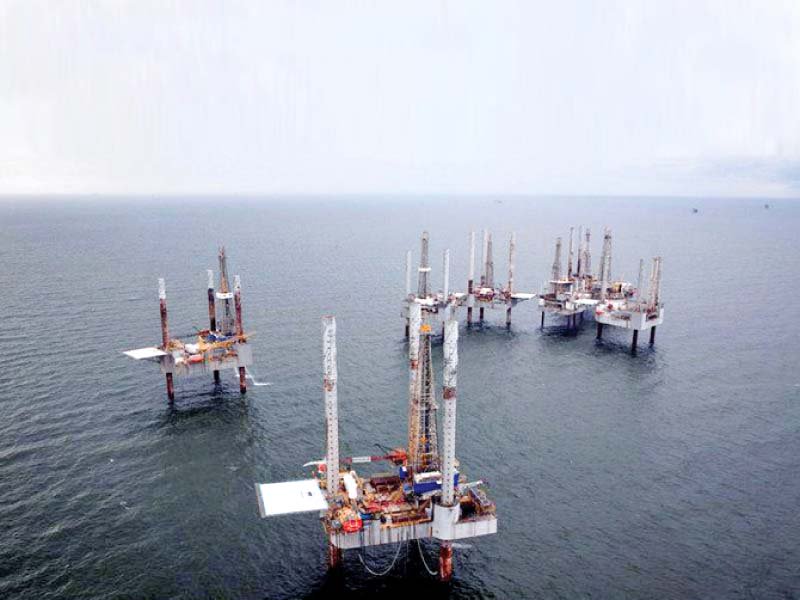
Even if there was excess water in oil and gas, there is technology available to separate it too. If Canada can separate oil from the mud-like sand, it is hard to believe that Exxon Mobil and ENI did not have access to technology to separate water from oil. It is reported that the two Pakistani companies – OGDC and PPL – which contributed 50% capital to Kekra-1 effort had no say in the matter. It is not even clear whether the local oil companies had any presence at the drilling site or were involved in any of the processes at all. If they were not, then why not? Having footed half the bill, did they outsource the entire effort to the two foreign companies and had no control over the situation?
The chain of recent events makes one think about what is going on and why is Pakistan being squeezed from all sides? First, it was Pakistan’s gray listing at FATF and then IMF dragging its heels for months on end, and then suddenly the ‘bad’ news that the oil reserves that were supposed to be larger than that of Kuwait don’t exist. These all seem to be the links of the same chain of fifth generation warfare.
We do not need foreign companies to tell us there is no oil, where we believe there is. All future drilling for oil and gas should be carried out by Pakistani companies only. Oil rigs are available on the international market and plenty of experienced oil workers are also available for hire. Local engineers and manpower should work with the foreign experts so they too can acquire the expertise. It should be ensured that foreign workers hired are independent and not under the influence of Washington or certain European capitals.
Oil and gas exploration should also be opened to local entrepreneurs who can work independently in exploring oil onshore and in public-private partnership for expensive offshore drilling. After all, upon success the rewards are enormous. Even if one in ten drills is successful, the investors will reap the rewards for generations to come. India is extracting oil on the other side of the border in Rajasthan. Pakistan should auction off blocks along the Indian border to Pakistani companies. Onshore drilling is considerably cheaper than offshore. Let the private capital explore and make money, the oil discovered will benefit Pakistan by reducing imports and save foreign exchange.
As for offshore drilling, it is not cheap. But if the reported cost of $100 million for Kekra-1 is accurate then it is not prohibitive either. To minimise risk, public-private joint ventures should be formed to start drilling at four or five locations. Each JV should be capitalised at $100 million with OGDC and PPL contributing (say) 40% i.e. $40 million and six Pakistani investors contributing $10 million each. Some entrepreneurs may be able to contribute much more than $10 million. The offshore area containing oil and gas is known and with four exploratory drills working simultaneously, the chances of discovering oil under complete Pakistani management are much higher. To minimise the risk even further, create a share of investors in each of the four rigs so that if one drill discovers oil and the other three don’t, then at least every investor will benefit from the successful drill.
It is also reported that there are considerable resources of natural gas in Khyber-Pakhtunkhwa. The government should immediately auction off all known gas blocks to local companies so that gas production in the country can increase substantially.
A successful Pakistani-owned oil and gas discovery will do away with the need to borrow from the IMF; and if the discovery is substantial, Pakistan will be able to retire its debt within a few years and focus on development and in raising the standard of living of its people.
Published in The Express Tribune, May 26th, 2019.
Like Opinion & Editorial on Facebook, follow @ETOpEd on Twitter to receive all updates on all our daily pieces.
1731325890-0/trump-(24)1731325890-0-405x300.webp)


1720507435-0/BeFunky-collage-(26)1720507435-0-165x106.webp)








COMMENTS (7)
Comments are moderated and generally will be posted if they are on-topic and not abusive.
For more information, please see our Comments FAQ